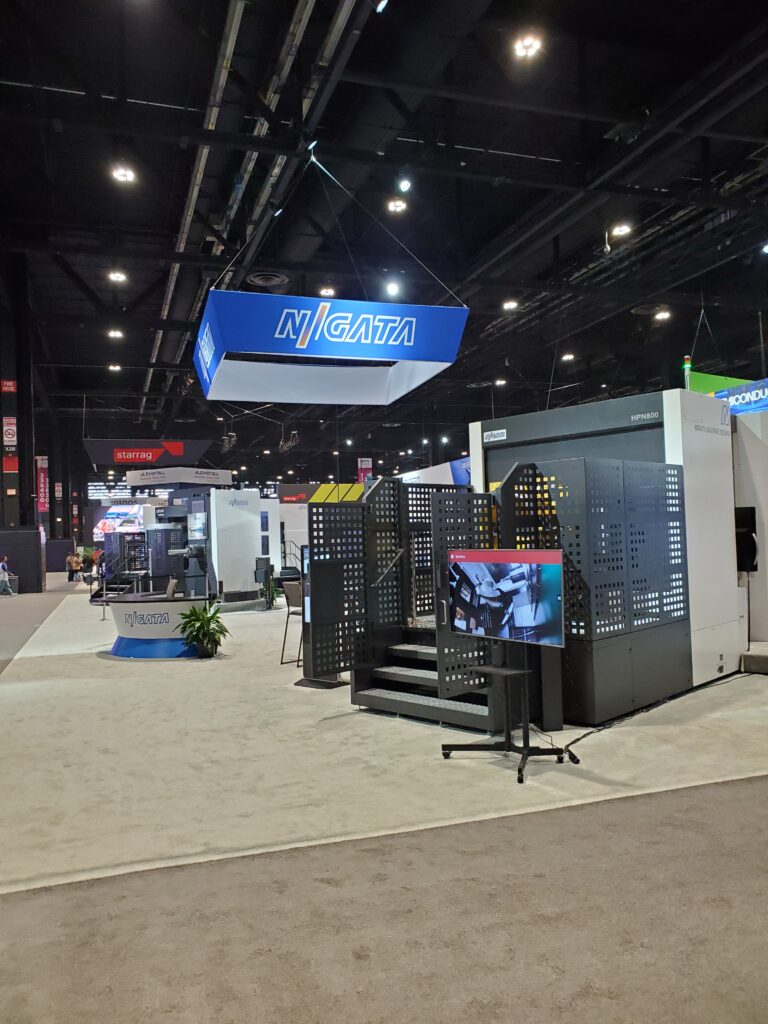As of January 1, 2020, the Illinois’ Cannabis Regulation and Tax Act (“the Act”) legalized recreational cannabis for those age 21 or older. As employers were scrambling to prepare for the Act, there was a last-minute Amendment to the Act signed by Governor Pritzker on December 4, 2019. The purpose of this article is to provide a quick summary of the Act, as amended, and what it means to Illinois employers.
In a nutshell, the Act allows employers to establish “reasonable zero tolerance or drug free workplace policies” that prohibit employees from using or being under the influence of cannabis at work. It also allows employers to discipline employees for using or being under the influence of cannabis at work and for other violations of reasonable zero tolerance or drug free workplace policies, such as possessing cannabis at work. Finally, the Act protects employers against liability for adverse employment actions if the employer had a good faith basis to believe the employee was under the influence of cannabis.
What supports a “good faith belief” that the employee is under the influence of cannabis at work? The Act says this occurs when the employee “manifests specific, articulable symptoms while working that decrease or lessen the employee’s performance of the duties or tasks of the employee’s job position.” In other words, if the employee is acting stoned and/or gets in an accident at work that appears to have resulted from impairment, this would be the classic situation giving rise to an employer’s good faith belief. This good faith belief may then serve as a basis for subjecting the employee to a reasonable drug test. If the employer has a good faith belief, it may discipline or terminate an employee for his or her refusal to take a drug test.
The original Act left some unanswered questions, however. For example, could an employer withdraw a job offer for a positive cannabis drug test? Adding to the confusion on this issue is the Illinois Right to Privacy in the Workplace Act, which says that an employer may not discriminate against an individual who uses “lawful products off the premises of the employer during nonworking and non-call hours.” Since cannabis is now legal, does the Illinois Right to Privacy in the Workplace Act apply?
The December 4, 2019, Amendment to the Act expressly states that employers do not face liability for “actions taken pursuant to an employer’s reasonable workplace drug policy, including but not limited to subjecting an employee or applicant to reasonable drug and alcohol testing, reasonable and nondiscriminatory random drug testing, and discipline, termination of employment, or withdrawal of a job offer due to a failure of a drug test.” Thus, an employer may retract a job offer based on an applicant’s cannabis use prior to beginning employment.
What are the main takeaways for employers? The protections afforded to employers primarily depend on employers having a reasonable workplace drug policy. Employers without a policy in place should seek assistant in drafting a policy immediately. Then, do not place the drug policy in a binder to be left on a dusty shelf. Instead, train everyone in your supervisory chain so that they understand the policy. Of course, also clearly communicate the new policy to all of your employees.





